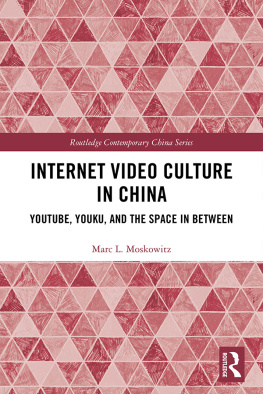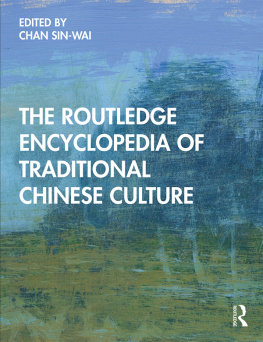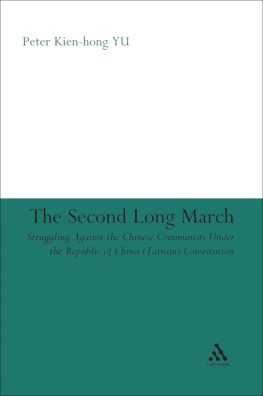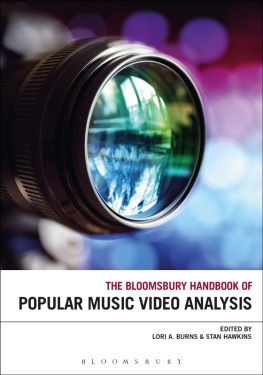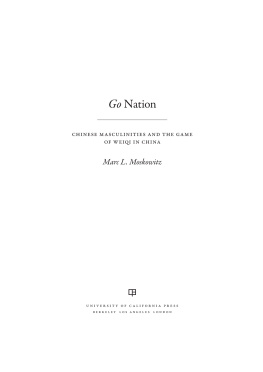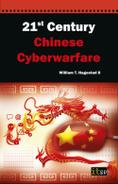Internet Video Culture in China
Examining Internet culture in the Peoples Republic of China, Taiwan, Hong Kong, and the US, this book analyzes videos which entertain both English and Chinese-speaking viewers to gain a better understanding of cultural similarities and differences.
Each of the chapters in the volume studies streaming videos from YouTube and its Chinese counterparts, Todou and Youku, with the book using a combination of interpretative analysis of content, commentary, and ethnographic interviews. Employing a diverse range of examples, from Michael Jackson musical mash-ups of Cultural Revolution visuals, to short clips of Hitler ranting about twenty-first century issues with Chinese subtitles, this book goes on to explore the ways in which traditional beliefs regarding gender, romance, religion, and politics intersect. Looking at how these issues have changed over the years in response to new technologies and political economies, it also demonstrates how they engage in regional, transnational, and global dialogues.
Comparing and incorporating the production of videos with traditional media, such as television and cinema, Internet Video Culture in China will be useful to students and scholars of Internet and digital anthropology, as well as Cultural Studies and Chinese Studies more generally.
Marc L. Moskowitz is a Professor in the Department of Anthropology at the University of South Carolina, USA.
Routledge Contemporary China Series
Western Bankers in China
Institutional Change and Corporate Governance
Jane Nolan
Xinjiang in the Twenty-First Century
Islam, Ethnicity and Resistance
Michael Dillon
China Studies in the Philippines
Intellectual Paths and the Formation of a Field
Edited by Tina S. Clemente and Chih-yu Shih
Innovative and Creative Industries in Hong Kong
A Global City in China and Asia
Grace L K Leung
Illicit Industries and Chinas Shadow Economy
Challenges and Prospects for Global Governance and Human Security
Edited Victor Teo and Sungwon Yoon
Re-engineering Affordable Care Policy in China
Is Marketization a Solution?
Peter Nan-shong Lee
The Land Question in China
Agrarian Capitalism, Industrious Revolution, and East Asian Development
Shaohua Zhan
Radio and Social Transformation in China
Wei Lei
Internet Video Culture in China
YouTube, Youku, and the Space in Between
Marc L. Moskowitz
Internet Video Culture in China
YouTube, Youku, and the Space in Between
Marc L. Moskowitz
First published 2019
by Routledge
2 Park Square, Milton Park, Abingdon, Oxon OX14 4RN
and by Routledge
52 Vanderbilt Avenue, New York, NY 10017
Routledge is an imprint of the Taylor & Francis Group, an informa business
2019 Marc L. Moskowitz
The right of Marc L. Moskowitz to be identified as author of this work has been asserted by him in accordance with sections 77 and 78 of the Copyright, Designs and Patents Act 1988.
All rights reserved. No part of this book may be reprinted or reproduced or utilized in any form or by any electronic, mechanical, or other means, now known or hereafter invented, including photocopying and recording, or in any information storage or retrieval system, without permission in writing from the publishers.
Trademark notice: Product or corporate names may be trademarks or registered trademarks, and are used only for identification and explanation without intent to infringe.
British Library Cataloguing-in-Publication Data
A catalogue record for this book is available from the British Library
Library of Congress Cataloging-in-Publication Data
A catalog record has been requested for this book
ISBN: 978-0-367-20167-8 (hbk)
ISBN: 978-0-429-25991-3 (ebk)
Typeset in Times New Roman
by Wearset Ltd, Boldon, Tyne and Wear
For Shuenn-Der Yu
Contents
If time can be said to be the fourth dimension, then the Internet must be our fifth. It transcends temporal and geographic space in unfathomable ways. The fact that someone can post a video in Beijing that is seen in Charleston seconds later places Internet-related cultural sharing in a class of its own. Its immediacy across the globe forcefully demonstrates David Harveys concept of timespace compression (Harvey 1990), yet the speed of the ensuing cultural transformation makes a true understanding of this phenomenon a daunting task indeed.
We live in one of the most significant eras in human historywhen the birth of computers made way for the Internet age and everything that accompanied it. This ranges from cell phones to robotic trips to Mars; from medical marvels that would have seemed like the stuff of dreams a decade earlier, to a level of surveillance that is reminiscent of a dystopian science fiction novel.
Historically, understanding comes from unexpected places that are often seemingly insignificant and mundane at the time. A casual stroll in an area of Africa known as the Laetoli, created footsteps in volcanic ash that, almost four million years later, became one of the most significant archeological finds in history. In the first part of the nineteenth century, a fragment of a 196 BC royal decree etched in stone, presumably but one of many, became the key to understanding Egyptian hieroglyphics.1 Who is to say what historians of the future will make of our YouTube videos? What curious misinterpretations will they create? Indeed, even looking at them today, if we explore the cross-cultural sharing of videos, we see an array of nuanced and often contradictory interpretations.
A few hours on the Internet seems like a marvelous science fiction novel for those of us born in the middle of the twentieth century. Our visual culture is a particularly vivid view into our social subconscious. Cinema has transformed vampires from a heavenly curse into a medical disease. Apocalyptic scenarios are linked with viral infection rather than nuclear Armageddon.
This digitally imbued world that we find ourselves in is having a profound influence on human interaction. Students go an entire semester without talking to anyone else in their class, preferring instead to text with already familiar friends on cell phones and laptops. Selfies are no doubt at least in part an outcrop of this new shyness in that we are no longer comfortable asking a stranger to take a picture for us.
While I hope that this book may lend insight into the contemporary moment, I feel an unusual certainty that the work of our era will be read in the future as a way to gain insight into what it must have been like to live through this historically unique transition. So let me tell you, reader of the future, in unambiguous terms. It is astounding, exciting, often a bit daunting, but on a day-to-day basis our lives are often mundane and uneventful. For the most part we are paying bills and falling in love and eating good food when we can. We are worried about our families and our finances and our health. New technologies seem like toysmarvels of pleasure that are somehow unnecessary until we have gotten used to them. Then we cant imagine how we ever lived without them. Our imaginations and creative expressions are increasingly inseparable from cyber pathways, whether in the form of Facebook, reading e-books, or the remarkably social individual expression in YouTube videos. These videos reflect us, they shape us, they are a visual testament to the birth of the digital agelife in the fifth dimension.

